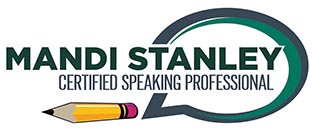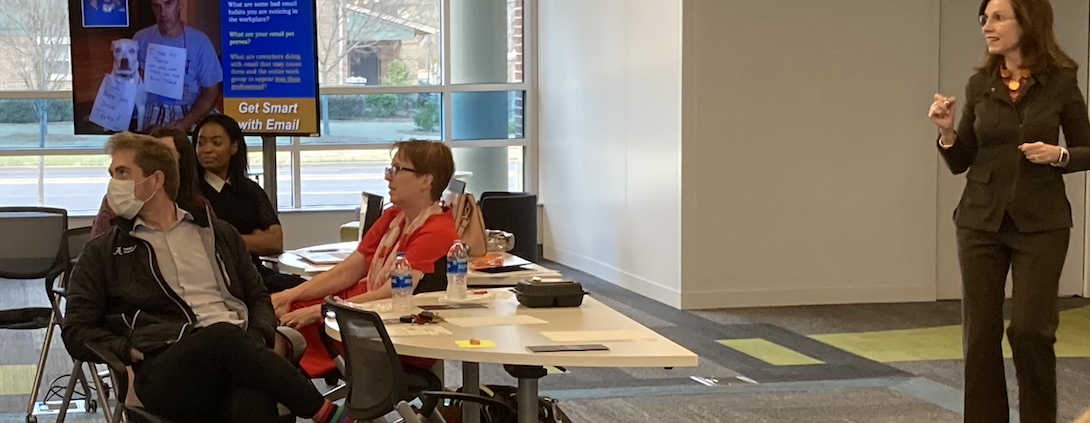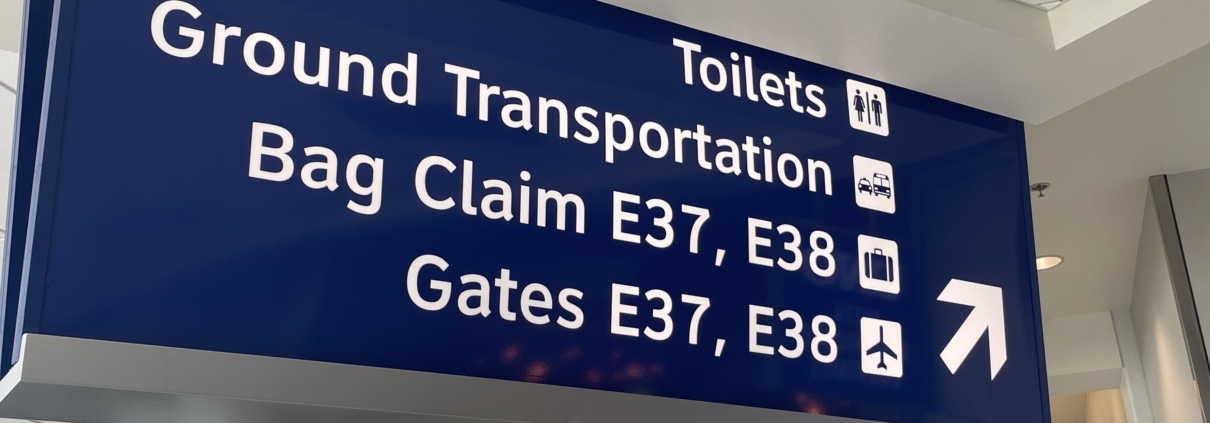How Many Spaces After a Period?
2024 Grammar-for-Grownups Top 10
Question 1:
“I believe we discussed this in class, but I can’t remember how many spaces you said to place between sentences in a paragraph. I’m used to placing two spaces after the period between sentences, but I have also seen it with one space. Thank you.”
Well, we’re wrapping up this series of blog posts with a doozy, aren’t we? When I share the answer to this question during live business writing workshops, sometimes people boo and moan and groan. Old habits die hard. The answer is unequivocally one space.
But, before you stop reading and log out in frustration, please know I’m a former two-spacer. I feel your pain. I’m old enough that when I learned to type, it was on an electric typewriter (at least it wasn’t a manual one) rather than a computer keyboard. We were taught to place two spaces after periods and colons. I used two spaces forever—that is, until my graphic designer fussed at me one day. John told me I was causing him extra time and extra work. He said, “Every time you submit copy to me in Word, I have to manually go in and remove all the extra spaces when I upload it to my graphic design program. If I don’t, you’ll have all these ugly rivers of white space running through your one-sheets and brochures.” Who knew? He taught me that one space following a period is preferred.
You may be asking, “Why did this rule change?” Quite frankly, many admins in the workplace today have never even heard of the two-space rule. They’ve always been taught one space. That’s because Microsoft does the extra spacing for us. In Word, when you end a sentence with a period and begin the next sentence with a capital letter, Word automatically converts it to an em-space. The lowercase “m” is the widest letter in any font you use (except Courier, in which letters are equally spaced and sized). By adding the em-space, our word processors save us the extra keystroke of adding two spaces after the period. It gives our eyes just a bit of breathing room between sentences without creating those dreaded rivers of white space throughout our documents. The answer is one space.
One of my clients even has a t-shirt that reads: “Two Spaces after a Period Are the Mom Jeans of Punctuation.”
To customize a keynote or professional development session that will have your audience laughing and learning, contact Mandi Stanley.
Certified Speaking Professional Mandi Stanley works with business leaders who want to boost their professional image by becoming better speakers and writers through interactive high-content keynotes, breakout sessions, workshops, technical writing seminars, and fun proofreading classes.
You might also like:
Prefer Performance to Chronology in Your Résumé
It’s Interview Time: What’s the One Detail Most Interviewees Forget?













